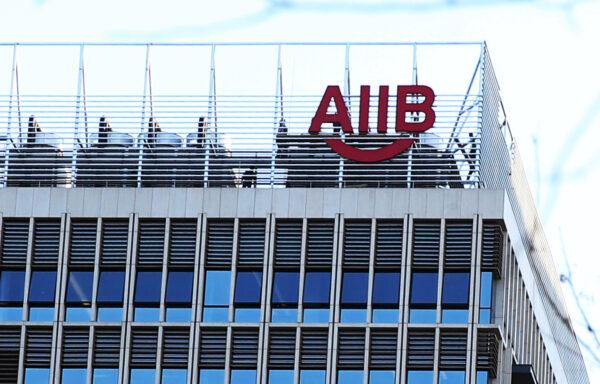Canadian communications consultant Bob Pickard, known for resigning from the Asian Infrastructure Investment Bank (AIIB) after alleging it was being controlled by Beijing, shared with MPs his “traumatic” experience working as a senior executive at the bank.
Mr. Pickard was invited to testify before the House Special Committee on the Canada–People’s Republic of China Relationship (CACN) on Dec. 11. This came six months following his June 14 abrupt resignation from the role of director general of communications due to concerns about Chinese Communist Party (CCP) influence within the Beijing-headquartered multilateral development bank.





